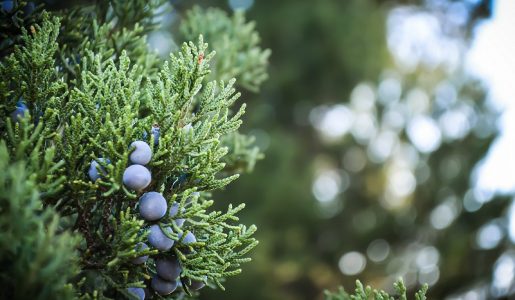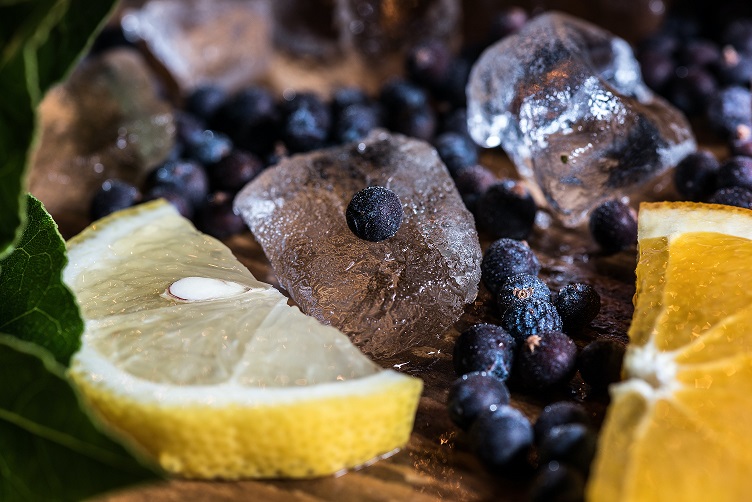With the potential to give New Zealand-made gins a unique sensory signature, Massey University, Begin Distilling and Greentec Propagation have been awarded funds to research, evaluate and identify suitable juniper berries and propagation methods.
Funded by the Taranaki-based Pivot Award, the project – Advancing a Juniper Berry Industry for New Zealand – will progress the research needed to support the evolution of a juniper (Juniperus communis) berry industry for New Zealand as well as explore the potential for a variety of other uses for juniper berries, including in meat and pickle flavouring, and pharmaceutical uses.
A team of researchers at the Manawatū campus will be led by Professor Joanne Hort, Fonterra-Riddet Chair of Consumer and Sensory Science at Feast (Food Experience and Sensory Testing Lab) in the School of Food and Advanced Technology (SFAT). They will evaluate the attributes of a New Zealand-grown juniper strain with the help of a $100,000 grant.
The Pivot – Enabling Innovation in Agriculture Award is a partnership funded by Massey University and the Bashford-Nicholls Trust (through BAF – Bishop’s Action Foundation).
“Projects must have the potential to influence the future of agriculture or veterinary science, and to effect change,” noted Mary Bourke, Deputy Chair of BAF and Bashford-Nicholls Trusts, adding that the award aims to support research projects, or the application of new research, to benefit communities and industries in Taranaki.

“A key focus of the research will be to further sample New Zealand-grown juniper berries to determine if different terroir leads to distinctive sensory profiles in New Zealand-made gins, at the same time growing our understanding of the implications for plant identification, collection, selection, propagation, growing and harvesting, in both North and South Islands of New Zealand,” explained Hort.
Juniper plants form ‘cones’ that are like fleshy fruits formed by flowering plants, and these are referred to as ‘berries’ in the food and beverage industry.
“Exploring the potential for commercially growing juniper in New Zealand could achieve a range of benefits for industry users, including security of supply and traceability, while at the same time providing a complementary crop – with carbon credentials – for New Zealand landowners,” commented David James from Begin Distilling.
Hort added that research identifying a material difference in the flavour characteristics of the New Zealand-sourced berries could provide the basis for a future niche export market, in much the same way that New Zealand grapes and hops, and products made from these ingredients, are achieving niche export markets.
“There is a great opportunity to market New Zealand-grown berries in the future, for example – to local and international distilleries, restaurateurs, sauerkraut and pickle producers, and meat and game meat producers who currently use imported juniper berries.”






